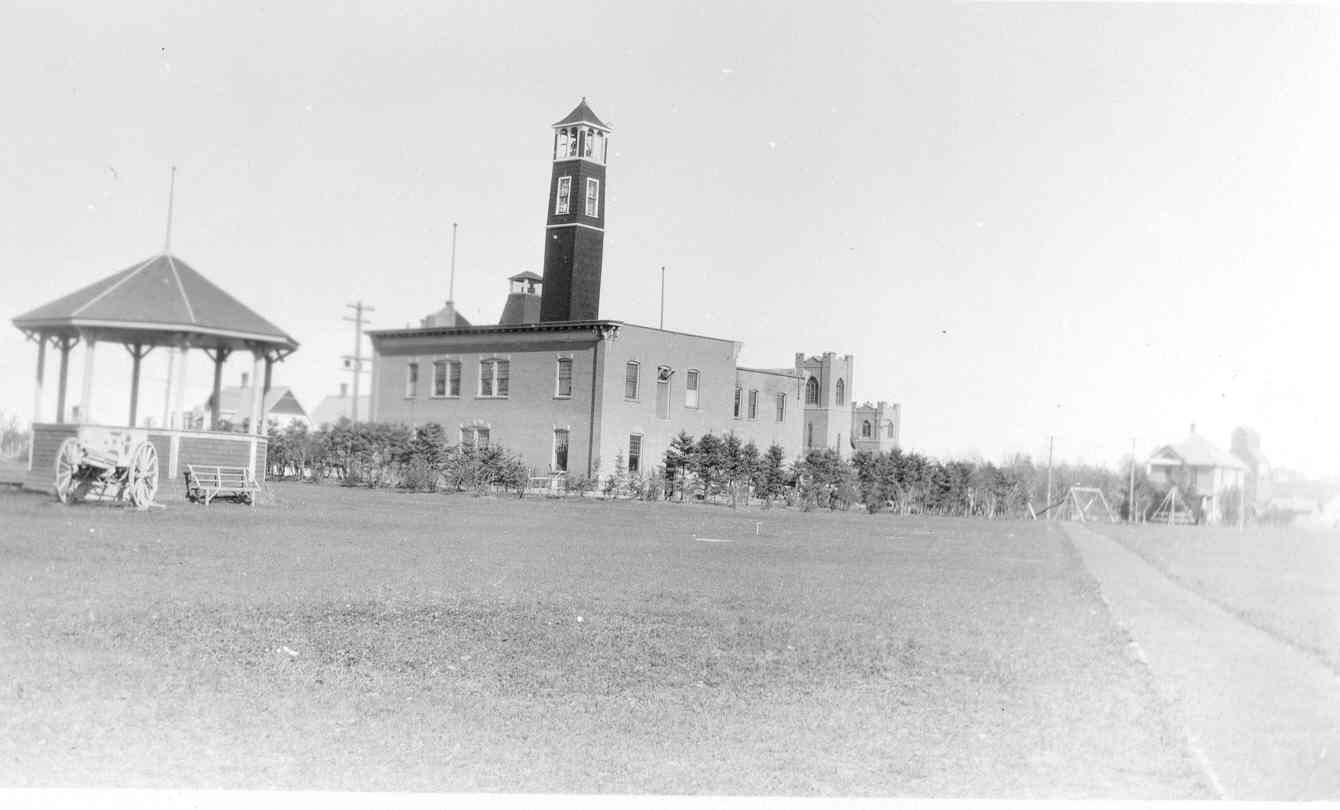Another municipal election is now well underway. There are 16 candidates to choose from for City Council. If you are a Public School District supporter, there are 11 choices for trustee, while Red Deer Catholic voters have 7 candidates to consider for trustee.
Until Nomination Day on Sept. 20, most people had thought that Mayor Morris Flewwelling was going to be re-elected by acclamation. The entry of Hilary Penko means that there will now be a race for that position as well.
However, acclamations for the position of mayor are not as rare as some people have suggested. Gail Surkan was acclaimed as mayor when she sought re-election in 1995.
Moreover, for many years, selecting mayors by acclamation was actually the norm rather than the exception. For example, there was no race for mayor from 1913, when Stan Carscallen successfully competed with H.G. Stone, until the municipal election of 1929.
That so many elections went by without a competition is, in some respects, rather surprising. There was not shortage of serious public issues.
The community had been hit very hard by the post First World War depression. City expenditures were slashed. Residential taxes were hiked by more than 40% and business taxes jumped by 66%. Nevertheless, the City became literally bankrupt and had trouble making the payroll for the remaining City employees.
Slowly and painfully, the City worked its way out of this desperate financial crisis. A strict “pay as you go” policy was adopted. Despite these drastic measures, it took more than seven years just to eliminate the bank overdraft.
There was also a long debate as to whether the City should purchase the Western General, Red Deer’s private utility company.
Given the poor financial straits in which the City had found itself, many felt that making such a major expenditure would be utter lunacy. Moreover, several felt that the City’s staff lacked the competence to profitably run an electrical system.
Nevertheless, City Council decided to take the plunge and bought out the Western General in 1926.
The City staff quickly proved their critics wrong. During the first year of City management, the utility ran a significant operating surplus. Profits soared even more after the City signed a long-term contract in 1928 to purchase electricity at wholesale rates from Calgary Power.
Dr. Harold Snell was the mayor when this lucrative contract was negotiated. A local optometrist and businessman, he had served on City Council since 1924. In December 1927, he had been elected mayor by acclamation. During his first term, both taxes and utility rates were cut significantly
Despite this seeming record of success, Alderman Eli Howlett, a successful garage owner, decided to challenge the mayor in the 1929 municipal election, He had also served on City Council since 1924. He argued that many of the accomplishments of the past five years should be credited to Council as a whole and not just the mayor.
There were many other issues.
Alderman Howlett contended that Mayor Snell had spent too much on Red Deer’s parks system. He thought that more attention should be given to roads. Mayor Snell responded that there was a difference between having “a house and a home”. He felt that now that Red Deer was doing much better, it could afford some “beautifying touches” such as new parks.
Another serious issue involved the fact that Eli Howlett’s house at 5555 – 45 Ave. was just over the City boundary, but much of his property was within the City limits.
There had been a court challenge 17 years earlier against Mayor F.W. Galbraith, whose house was across the street from Howlett’s. The judge had ruled in that case that having one’s “outer buildings” within the City boundaries meant that one could remain on City Council, even if his residence was just over the City’s boundary.
The close contest brought out a very good turnout on Election Day. Nearly 60% of eligible voters cast their ballots. In the end, Mayor Snell edged out Alderman Howlett by a mere 7 votes.



